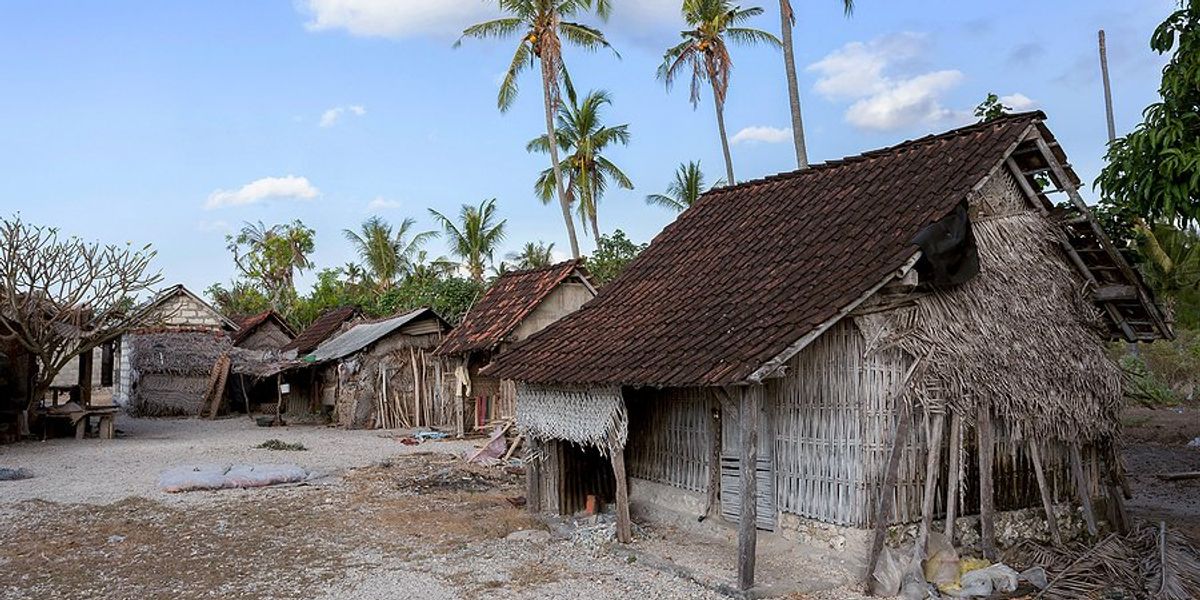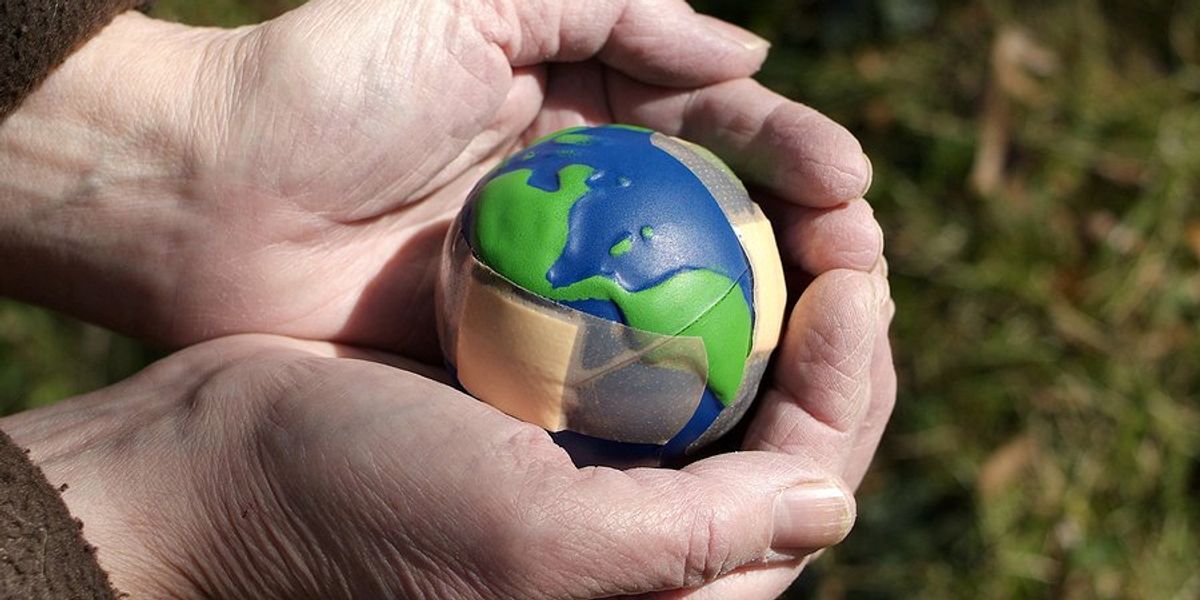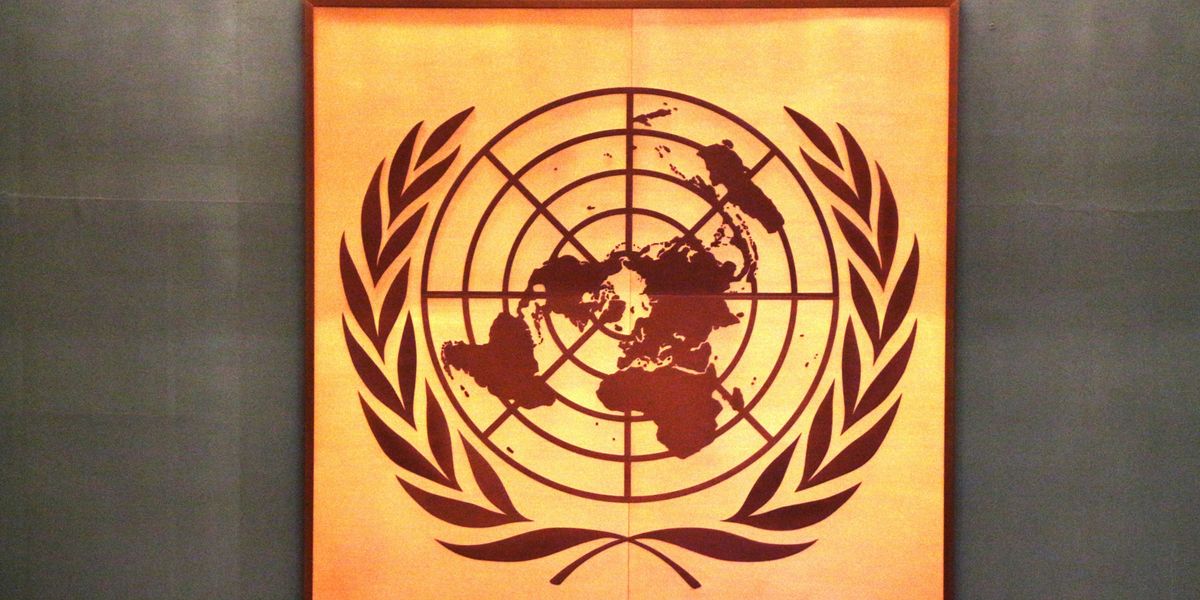Nordic homes are being warmed by waste heat from massive data centers
In Finland and Sweden, tech giants are turning energy-hungry data centers into unlikely allies in the fight against carbon emissions by piping their waste heat into homes.
Lars Paulsson, Kari Lundgren, and Kati Pohjanpalo report for Bloomberg.
In short:
- Microsoft and other companies are building large-scale data centers in Nordic countries, where cold climates, cheap renewable power, and district heating infrastructure allow waste heat to be captured and reused.
- Finland’s Espoo plans to heat up to 100,000 homes with waste heat from Microsoft’s new facility, helping to phase out fossil-fueled systems and cut emissions.
- Still, not all sites recover heat, and the enormous energy demands of data centers — which could double by 2030 — are sparking backlash, especially in regions where electricity is already stretched thin.
Key quote:
“These data centers are actually big fans, allowing electricity to be converted cheaply into heat.”
— Kai Mykkanen, mayor of Espoo and former Finnish climate minister
Why this matters:
The world wants clean air and fast data. People demand carbon cuts but can’t stop streaming. This partnership between Big Tech and Nordic district heating gives us a glimpse at how we might survive our own contradictions. Waste heat reuse doesn’t erase the environmental cost of energy-hungry data centers, but it softens the blow. However, plenty of data centers still dump their excess heat, and the industry’s energy appetite is ballooning fast — raising red flags in countries already nearing their grid limits.
Read more:













